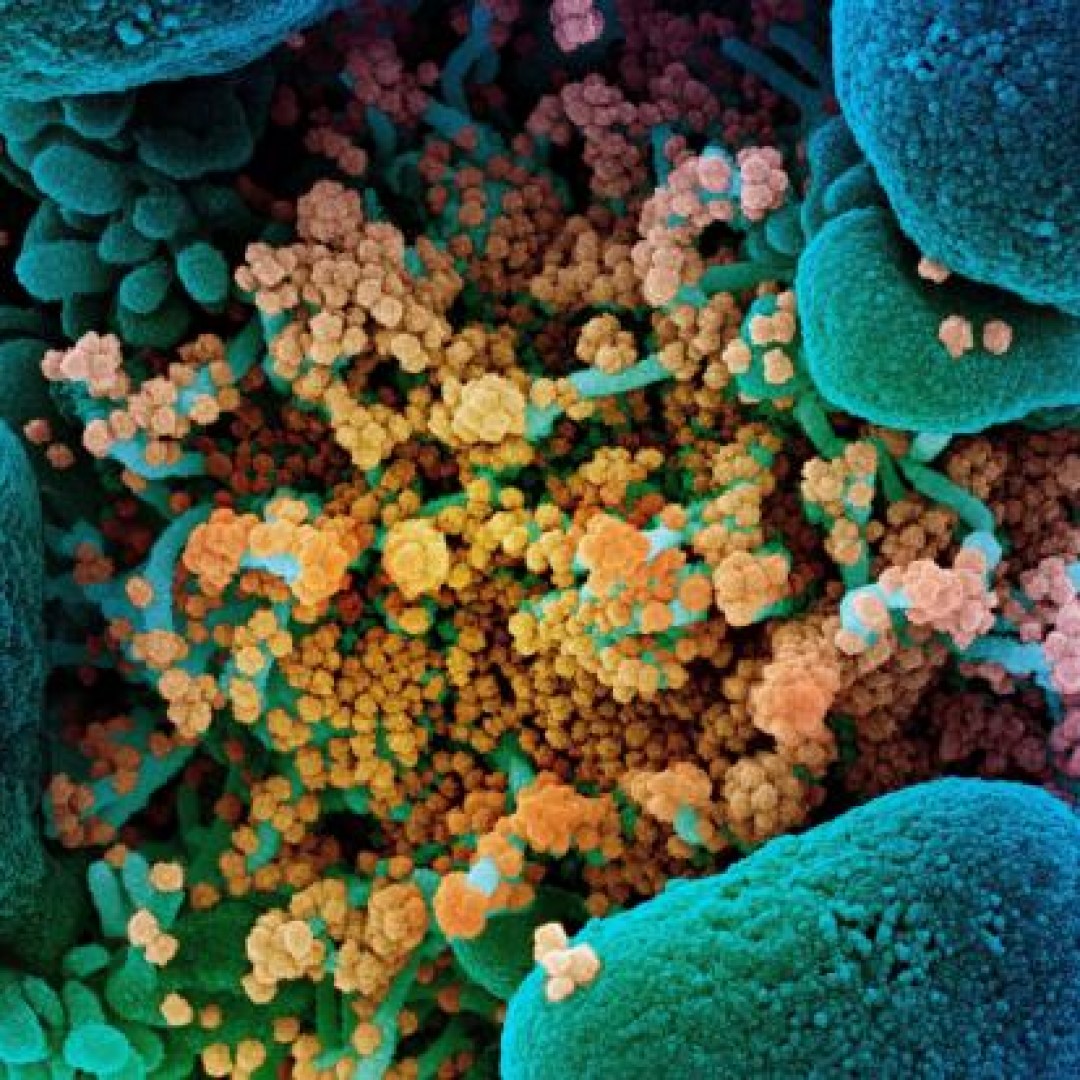
Atossa Therapeutics received second positive safety assessment in clinical study of AT-301 Coronavirus nasal spray
On Sept. 17, 2020, Atossa Therapeutics announced a positive interim safety assessment from the second cohort of healthy participants in the Phase 1 clinical study using Atossa’s proprietary drug candidate AT-301 administered by nasal spray.
This second group of eight participants received a single escalated dose of either AT-301A (placebo) or AT-301B (active drug). The blinded, positive assessment by the safety committee allowed the study to now enroll the next cohort, which will be the third of a total of four cohorts and the first of two multi-dose, placebo controlled cohorts.
Significant advances have been made in the field of COVID-19 diagnostic testing. These tests are now much more widely available and they can render results much more quickly. Atossa plans to identify potential partners who are developing these tests so that AT-301 nasal spray may be co-developed and commercialized with the goal of making the AT-301 therapy available at the time a person tests positive for the coronavirus. Atossa also plans to develop its nasal spray to potentially help prevent COVID-19 infection, particularly for people in high risk communities and those working in higher-risk areas, including healthcare workers, emergency responders and teachers.
The ongoing Phase 1 study was a double-blinded, randomized, and placebo-controlled safety study of AT-301 nasal spray in 32 healthy adult subjects divided into two study groups. Part A consists of two single-dose cohorts receiving either active therapy, AT-301B, or the placebo comparator AT-301A at two different doses. Part B was a multiple dose arm with cohorts receiving either AT-301A or AT-301B for 14 days at two different doses.
The primary objective of the study was to evaluate the safety and tolerability of single and multiple doses of AT-301 administered via nasal instillation to healthy volunteers. Secondary objectives were to assess the incidence and severity of local irritation and bronchospasm following administration of AT-301 via nasal instillation. The study was conducted in Australia.
Tags:
Source: Atossa Genetics
Credit:
